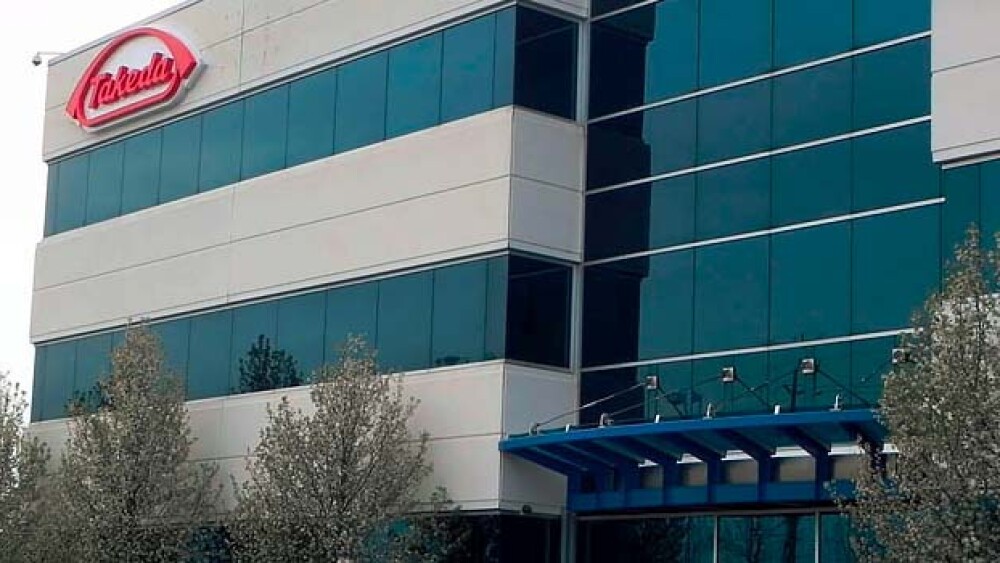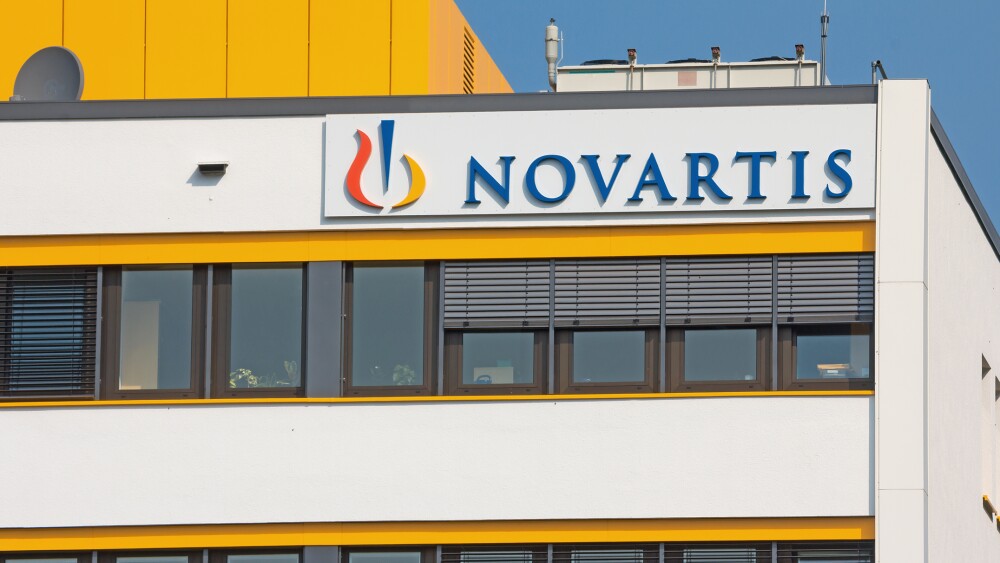Last year’s sole mega-deal, the acquisition of Dublin-based Shire by Japan-based Takeda Pharmaceutical is finally closed. Takeda, 237 years old, is now a top 10 international drug company.
Last year’s sole mega-deal, the acquisition of Dublin-based Shire by Japan-based Takeda Pharmaceutical is finally closed. Takeda, 237 years old, is now a top 10 international drug company.
The entire deal began in March 2018, with Takeda expressing an interest in buying Shire. Once it was announced, per UK law, Takeda had a month to make an official offer. On April 19, Takeda made an official bid of about $66.22 (U.S.) per share, which had a value of about $60 billion (U.S.). Shire rejected the bid, arguing that it undervalued the company.
During that period, in an unrelated deal, Shire sold its oncology business to France’s Servier for $2.4 billion. Oncology was a small part of Shire’s portfolio, bringing in about $262 million in 2017.
Overall, Takeda made five public bids for Shire. Under the final bid, Shire agreed to be acquired for about $62.2 billion (U.S.), or $66.22 per share, made up of $30.33 per share in cash and 0.839 shares of Takeda stock. It also included Shire’s debt, bringing the acquisition closer to $80 billion.
This acquisition now makes Takeda the largest biotech employer in Massachusetts, after Takeda indicated in September that it would transfer its U.S. headquarters to the state that also has over 3,000 Shire employees.
A relatively small but vocal group of Takeda shareholders attempted to scuttle the deal, but their initiatives failed to gain any traction. A Takeda family member became the voice of that group, Kazu Takeda. The group was dubbed Thinking About Takeda’s Bright Future (TTBF). Although part of their opposition was broached as undermining “Takeda-ism,” which is that the company makes money by making people happy, concern that the size of the deal, particularly the debt Takeda was taking on, wasn’t worth the advantages of scaling up.
But the deal has gone through and if 2019 so far is any indication, big deals are going to be a trend. In the first week, there’s been a $74 billion deal of Bristol-Myers Squibb buying Celgene, and a smaller add-on deal of Eli Lilly acquiring Loxo Oncology for $8 billion. That may or may not indicate a trend. The beginning of 2018 also marked several notable add-ons, with Sanofi picking up Bioverativ in January for $11.6 billion only to follow it up a week later by buying Belgium-based Ablynx for $4.8 billion.
The Takeda-Shire merged company will make it the Number 10 biopharmaceutical company by revenue, with Number 1 being Johnson & Johnson with $76.5 billion in annual revenue and the newly merged Bristol-Myers Squibb-Celgene as Number 9 with $33.8 billion. Takeda-Shire is projected to have a combined revenue of $33.6 billion.
One thing that is a bit unusual about Takeda-Shire is that it will be a big pharmaceutical company that focuses on rare diseases, which it picks up from Shire. It also gains a much larger presence in the U.S. drug market. Bloomberg notes, “Japan hasn’t become a dependable source for growth, because of a shrinking population and regulatory pressure that has pushed down drug prices nearly every year. Although the U.S. also poses a drug-pricing risk, it’s one most pharma giants are willing to take for the revenue stream.”
But the Takeda-Shire deal is also expected to increase dealmaking this year. Takeda’s chief executive officer Christophe Weber indicated it expects to possibly unload $10 billion in assets to deleverage the $30 billion in debt it is taking on in addition to Shire’s debt. So later this year expect to see Takeda selling non-core businesses outside of Japan.
Since March 2018, Shire shares dropped 26 percent. By the time the deal finalized in May, Shire’s market valuation was higher than Takeda’s. Takeda shares climbed 7.5 percent yesterday, the biggest gain in almost three years. SMBC Nikko Securities upgraded the company, stating it was “heavily undervalued.”





